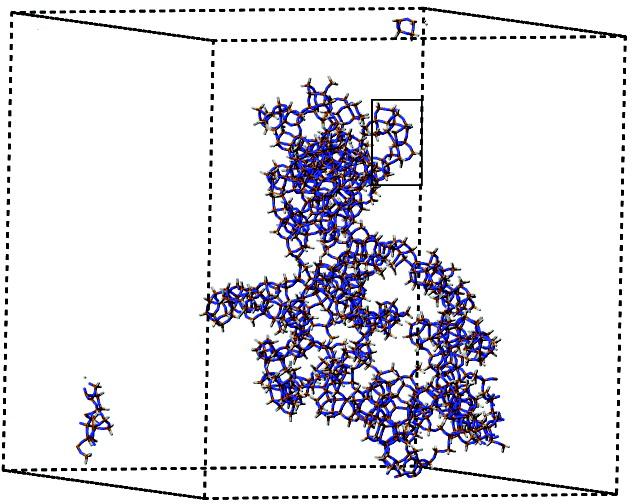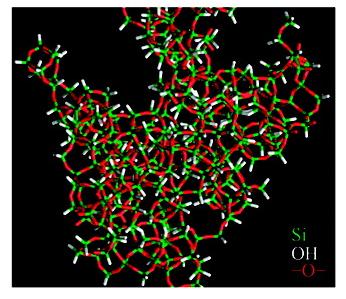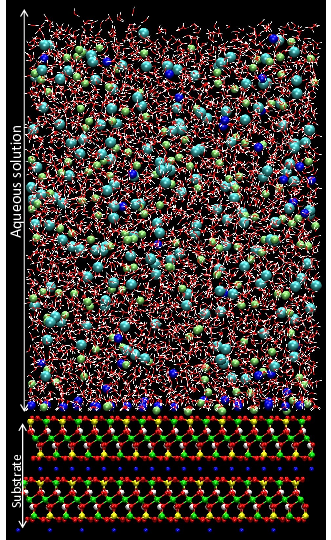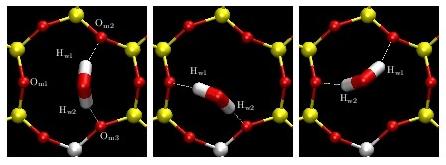Design and Synthesis of Porous Materials


Understanding chemical process from molecular simulation perspective has an added advantage of probing system at various lengths and time scales. Empolying molecular simulation to study polymerization helps us to understand molecular events and to aquire knowledge to design the resulting products. In this research we are empolying Monte Carlo techinque to study silica polymerization. We develop algorithms to mimic real events of the polymerization. We identify and estimate the properties which are compared with experiments. We also study the effect of various factors like concentration, functionality of monomer, temperature and synthesis protocol.Our goal is to accquire enough knowledge to design sysnthesis protocol such that desired silica product could be obtained.
Porous materials are used in many technological industries ranging from petroleum refineries to water treatment plants. The application in wide areas is governed by the internal porous structure of these materials. Theoretical calculations indicate that millions of such materials with unique porous structure can be created, however, only few have been realized in experiments. These novel, yet to be synthesized, material has a great potential in improving existing technologies and application in new areas. The major road block in finding the routes to synthesize such novel porous materials is the limited understanding of mechanism of pore formation. Our aim is to use molecular modeling to probe the mechanism at molecular length scale and provide detail kinetic information of porous material synthesis.





